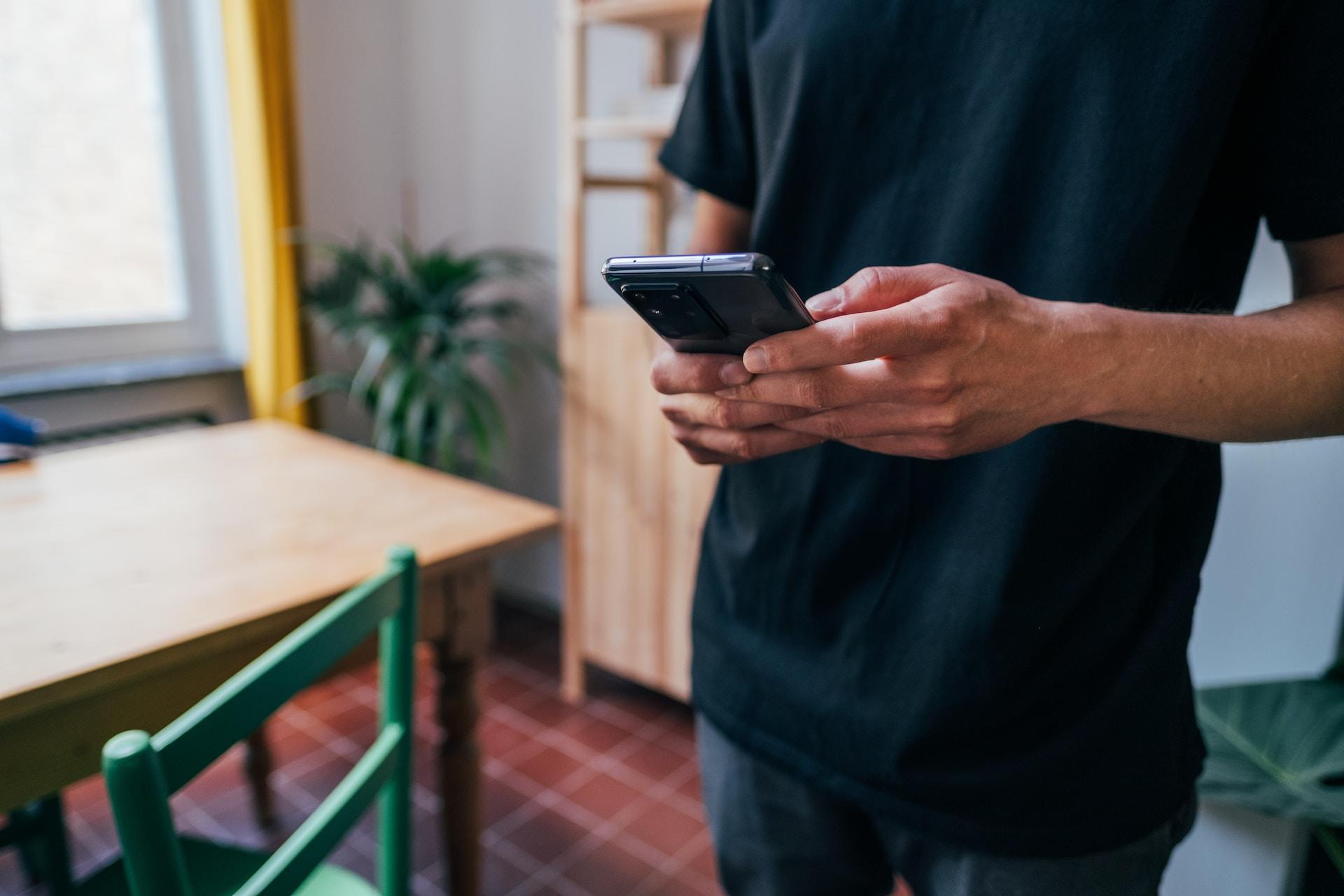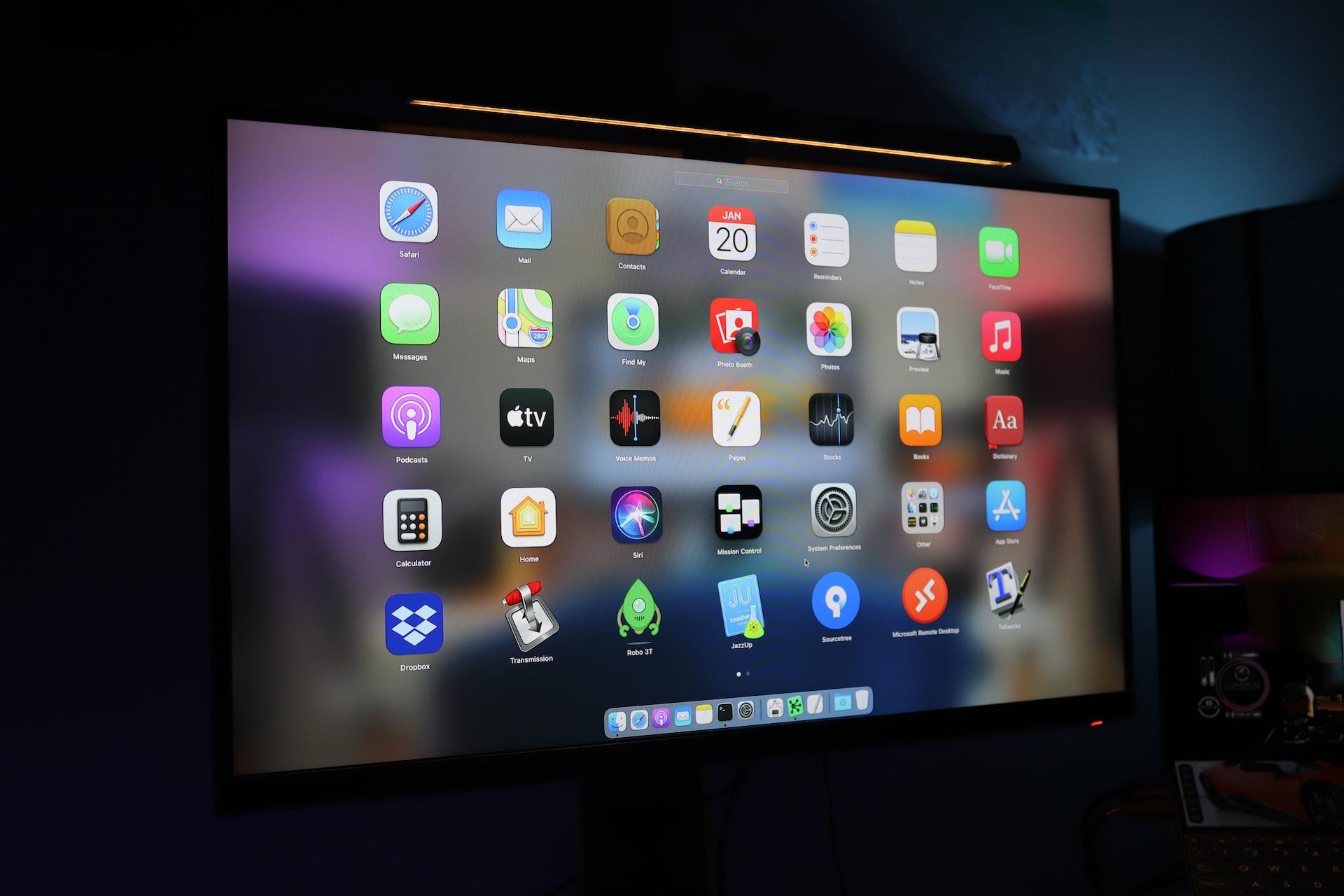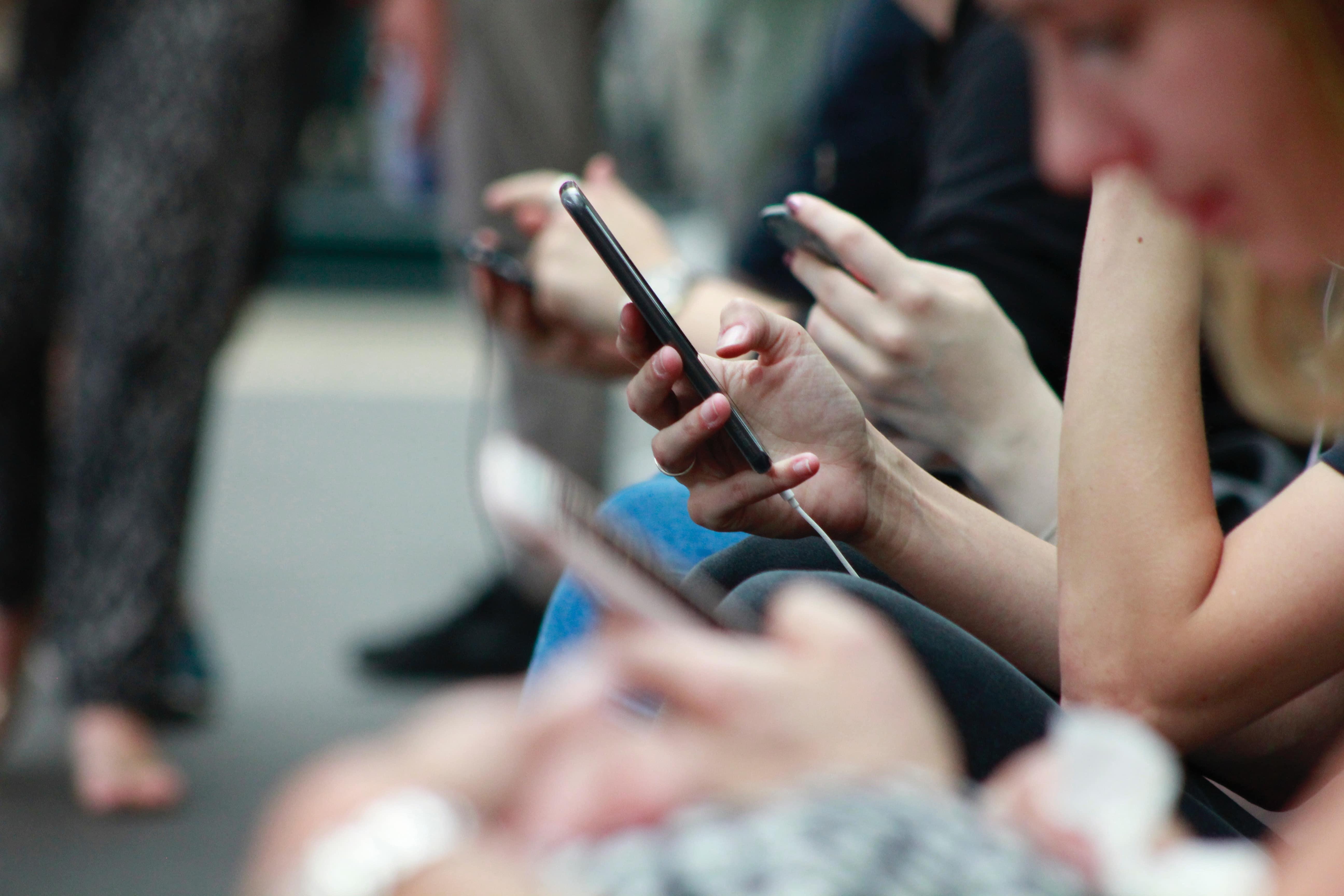A lot of us spend half of the day glued to our mobile phones, and the other half having them within reach. It's no wonder why, we need them to live in our connected world. That's why we have to talk about phone security. Phone security means keeping your personal information and location private at all times.
Today's technologically advanced phones can act as a beacon, transmitting users' locations to the world through GPS tracking. On top of location tracking services, phones can act as a gateway to all of your personal information. You have vital information stored in your notes (you probably shouldn’t) or in social media accounts or messages with people you trust. But there is always a risk that your phone could be compromised.
You're wise to read up on how you can prevent disclosing too much information about yourself. To help you protect your personal data and stay safe with your technology, we’ve compiled this list of actionable steps you can take right now. You can stay safe online with our guide, and keep your phone secure with the following steps.

Phone Security Measures
You can take straightforward action on your handheld device which will hugely boost your phone safety. It’s easy to ignore 80% of the settings found on our mobile phones. Some people find it annoying to have to go through security checkpoints before accessing their devices. But these features protect your data and location.

Create a Passcode
It sounds obvious but the first step toward phone security is setting up access. That can be facial recognition, a fingerprint, a passcode or personal identification number - a PIN. These are all simple, effective security measures to keep your data safe should someone get their hands on your device.
Say you leave your phone unattended in a restaurant or lose it while you’re out and about. You will feel much better knowing that there’s a barrier between a stranger and the information your device contains. Even if you leave your smartphone unlocked, the damage someone can do will be limited if you have a passcode in place. They won’t be able to access your private accounts or download anything without your consent.
Phone security is part of ensuring your online safety. Choose the most complex option possible when creating your phone access. Just like with a password, the longer a passcode is, the harder it is to crack. But take care with the passcodes that require a specific movement to unlock since these can be easily replicated by anyone who sees you do it. Fingerprint or facial recognition security barriers are the quickest and easiest to use and are fairly risk-free.
Deactivate These Features
Smartphones are full of features. Some exciting, some redundant, and some downright scary at times. Location sharing falls into the latter category. Ever taken some photos in your back garden, only for your phone to categorise them under the name of your hometown without you asking it to?
That’s because phones are equipped with the latest in GPS technology that allows them (and various companies) to know where we are at all times. Since we tend to always have our phones with us, it can seem like there’s no escaping this passive surveillance. Location sharing gives your location to any apps you download. It's unsettling that dozens of companies have access to your exact location at all times, isn't it?
There is a simple fix: turn off the location-sharing setting. LifeHacker has a great article on how to turn it off should you need a tutorial. Once you’ve done this, you’ll note your phone's extended battery life, a bonus to knowing that your every move isn’t being tracked.
Bluetooth
Once your phone stops giving away your location, Bluetooth is the next feature you should turn your attention to. Bluetooth is great for pairing your phone with your car to play music or linking up to your headphones so you can go wireless for your workouts. But it also opens your phone to other people.
Anyone can access your phone via Bluetooth. If you have this setting on at all times, you’re inviting everyone to hack into your phone. Bluetooth is active by default but you should turn it off unless needed. For optimal phone security, think of Bluetooth as a light in your home. Turn it on when you need to use it then switch it off again when you don’t.
Check your Privacy Settings
Reviewing privacy settings is the last easily fixed security issue for your phone. They act as a safeguard against potential security issues, there to help you take control of your phone security and stay on top of any threats. The main things you can do through the privacy settings will be related to the apps you download. Restricting apps' access to your phone's other utilities like your contacts folder and photos means you give away less personal information.

Phone Security and Social Media
Your accounts - social media, banking and more also impact your personal safety, phone security and keeping your information private. The fast-moving nature of work and society means we often find ourselves flitting from our e-mail accounts, to social media accounts and to our bank accounts. All of this access on one device held in the palm of our hand is convenient but convenience can come at a cost. If you don't log out of your accounts, you leave your phone and private information accessible.
Phones are designed to make our lives easier, but that doesn’t mean safer. The option to save our login details and keep us connected to our accounts through our device can be great. But it can also grant strangers access to them should we lose or misplace it. It also gives those platforms active access to your phone.
Apps are the worst offenders in some cases since they encourage you to save your details and stay engaged. Victims of cyberbullying would especially benefit from manually logging out to prevent the apps from gathering up-to-the-minute information. For better phone security, manually log in and log out of all your accounts, especially those which contain sensitive information.
Limit App Downloads
Speaking of apps, it’s best to err on the side of caution and limit yourself to a select number of them. Don’t get me wrong, apps make life so much easier and more entertaining, too. But the more apps you download, the higher the chance that you will stumble across something unsavoury.
Most apps won’t affect your phone or compromise your personal data but sometimes, a dodgy app can slip through unnoticed and infect your phone with malware. Once installed, the malware can transmit your phone's contents to bad actors and give them access to all of your apps. So for greater phone security, aim for fewer apps, which will lessen other people's access to your information.
Often, apps will request access to your information as a condition of using them. If an app requests access to your contacts, photos and other information, clicking on 'deny access' will usually result in being denied its usage. That's a sure sign that the app developers have plans to use your information. You should decline apps demanding those permissions unless you absolutely must use that application.
It’s tempting to want every fun game or useful app on the store since there are so many. But if you value personal safety and phone security, you should ensure you place limits on the number of apps you download.

Think Before You Write
Aside from calling, texting, and keeping up with friends and family, our phones are useful to take notes and store useful information. For example, you’re on the bus and you’ve just remembered something really important you have to do when you get home. What do you do? Open your notes app.
This is all well and good until it comes to sensitive information. Just like you shouldn't really write down your credit card PIN number, or your network password on paper, you shouldn’t record them on your phone, either. As convenient as it is to have all of the important information you need at your fingertips, it’s never a good idea to store it somewhere people can find it.
All you’d have to do is lose your phone, leave Bluetooth on a moment too long, or be unfortunate enough to have it stolen. All of that information will be compromised.
This applies to messages too. Never send personal information like bank details or your home address to friends or family. If you ever have, remove evidence of these interactions for your personal safety and phone security. General internet safety best practices demand that you keep sensitive information off your network, even if it's secure. Those rules apply to your phone, too.
The takeaway is to only store on your phone what you wouldn’t mind someone seeing. Information that won't compromise your personal safety or phone security. If you follow this rule, you shouldn’t have any problems with phone security.
Summarise with AI:
















